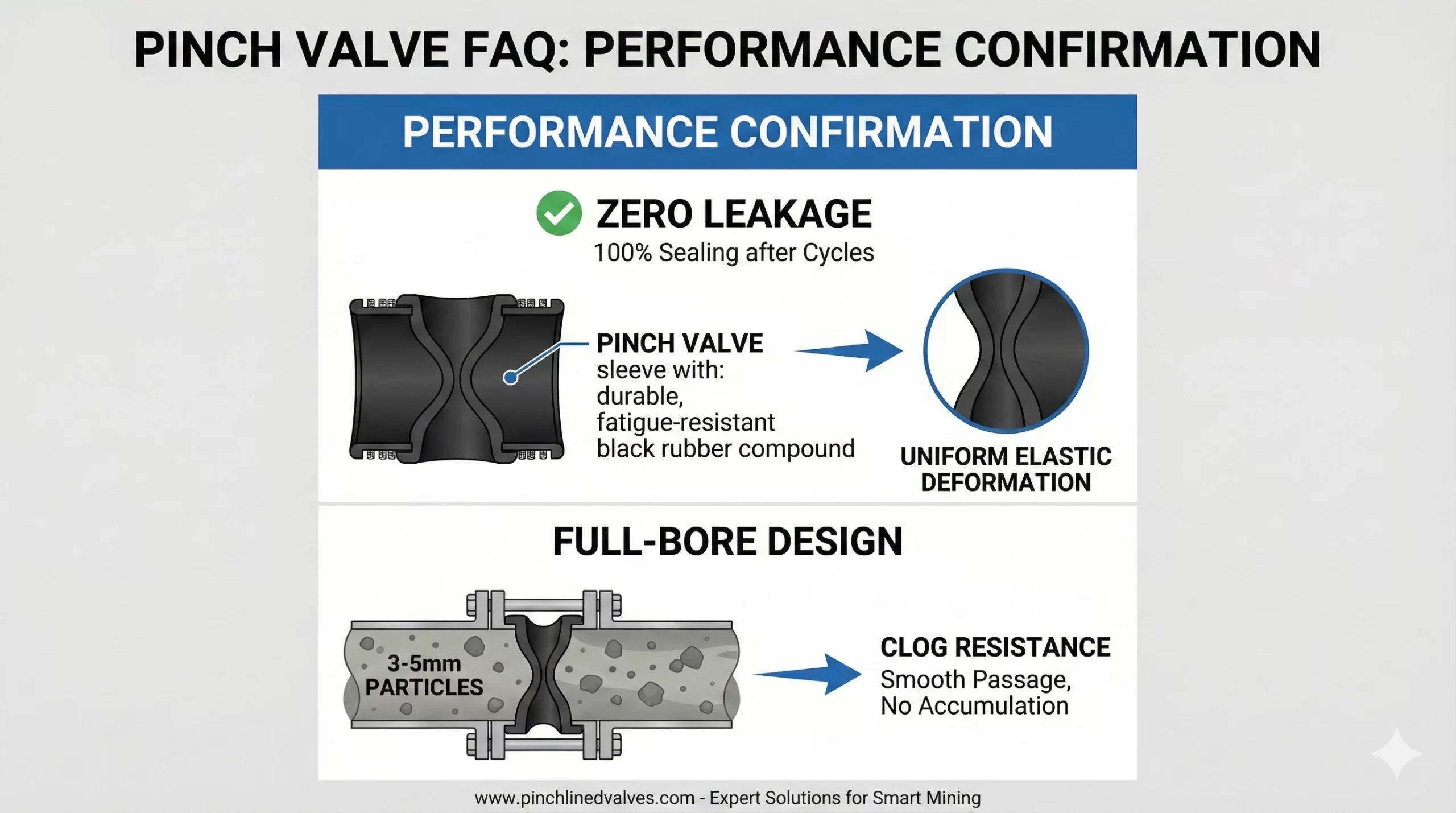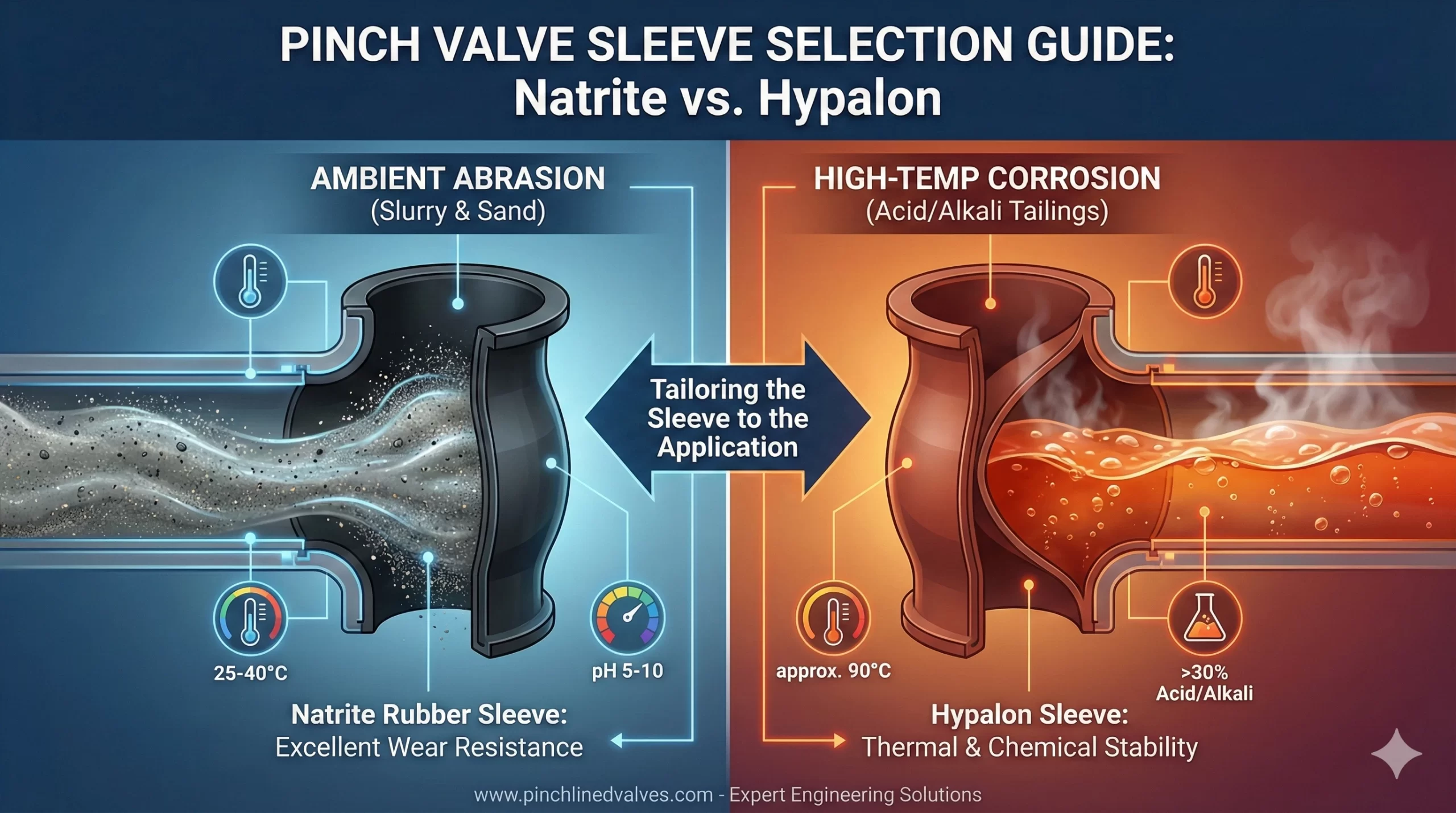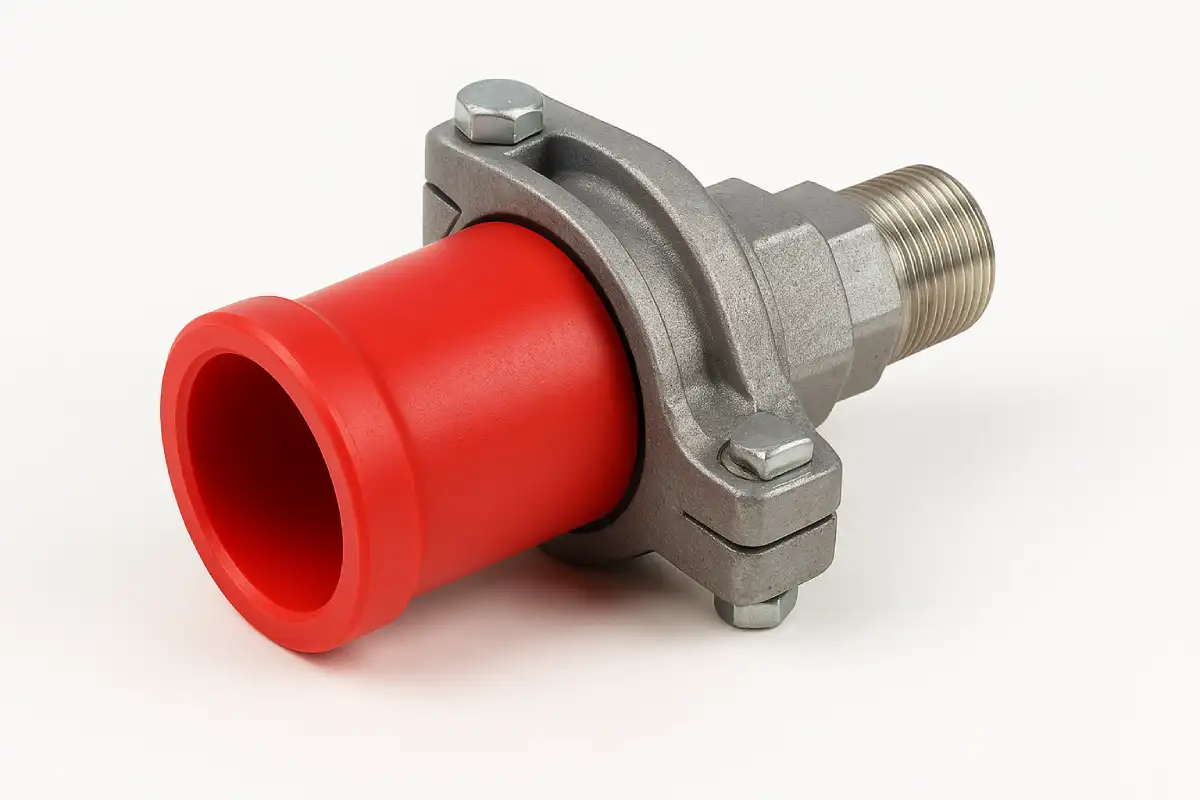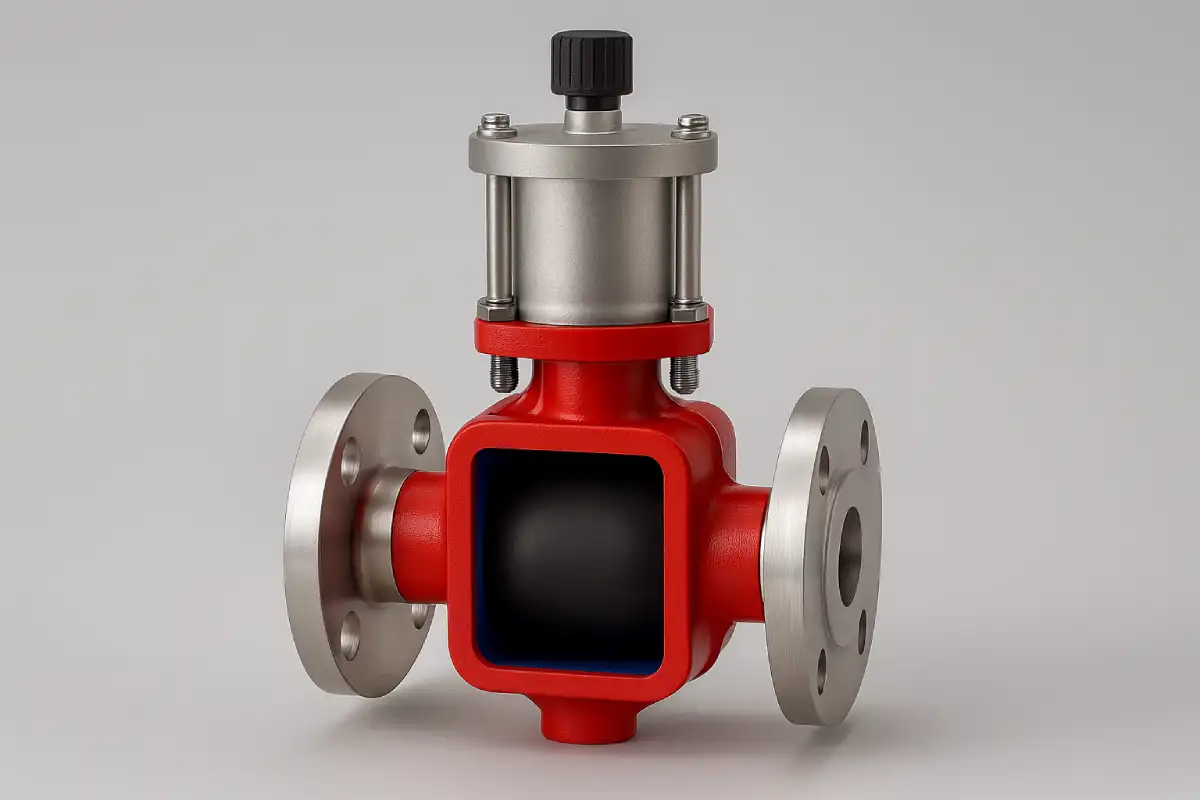

When valves sustain damage, the consequences can be significant, impacting both operational efficiency and safety within fluid handling systems. Valves play a critical role in controlling the flow of fluids such as water, gases, chemicals, and more in various industrial and commercial applications. Understanding what happens when valves are damaged helps highlight the importance of timely maintenance and repair.
Leakage Issues
One of the most immediate problems resulting from valve damage is leakage. This can occur in two primary forms:
Performance Degradation
Valve damage often leads to reduced operational performance. Issues may include:
Safety Risks
Valve damage can pose significant safety risks, depending on the type of fluid being handled:
Financial Implications
The financial impact of valve damage extends beyond repair costs:
Control and Reliability
Damaged valves affect the overall control and reliability of fluid handling systems:
The impact of valve damage underscores the importance of proactive maintenance and regular inspection programs. By identifying and addressing issues early, organizations can minimize risks, enhance operational efficiency, and maintain a safe working environment. Valves are vital components in fluid handling systems, and their proper maintenance is key to ensuring smooth operations and preventing costly disruptions.

Question 3:Performance Confirmation:Your documentation mentions “zero leakage” and “clog resistance.” We would like to confirm: After long-term operation, will repeated compression cycles cause sleeve fatigue leading to sealing failure? Is the full-bore design truly effective for slurries with larger particles (e.g., 3-5mm)? Answer 3:Confirmation of “Zero Leakage” and “Clog Resistance” Performance (1)Zero Leakage Reliability: Our […]

Material Selection:We are dealing with different working conditions: (1)Question1: Condition A: Ambient temperature (approx. 25-40°C) slurry containing fine sand, where wear resistance is the primary consideration, with weakly corrosive media (pH 5-10). Answer1:(ambient temperature, fine sand, low concentration corrosion, high wear resistance): Preferred recommendation: Natrite Rubber sleeve. Reason: The core advantage of Natrite Rubber lies in its […]

A pinch valve adapter connects a pneumatic pinch valve or manual valve to pipes, tubes, or other parts of a system. With this connector, the valve can manage liquid or gas flow without leaks or strain. It also lets the valve fit in tight or unusual setups. This reduces operational risks and improves overall performance. […]

Yes, they are. Hygienic pinch valves are specially designed to keep things clean and safe, which is why they’re so common in food, pharmaceutical, and biotech environments. Their smooth interior and dead-zone-free design make cleaning quick and reliable. And if the term is new to you, don’t worry, this article will walk you through what […]



